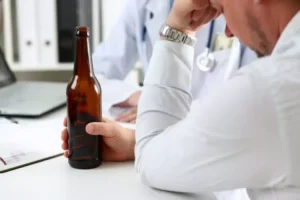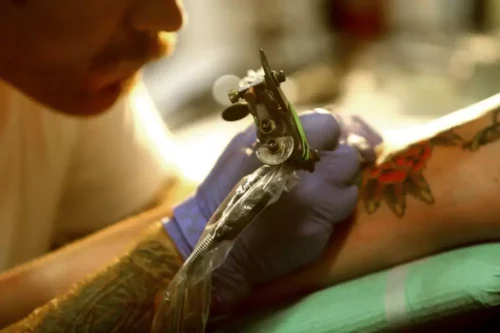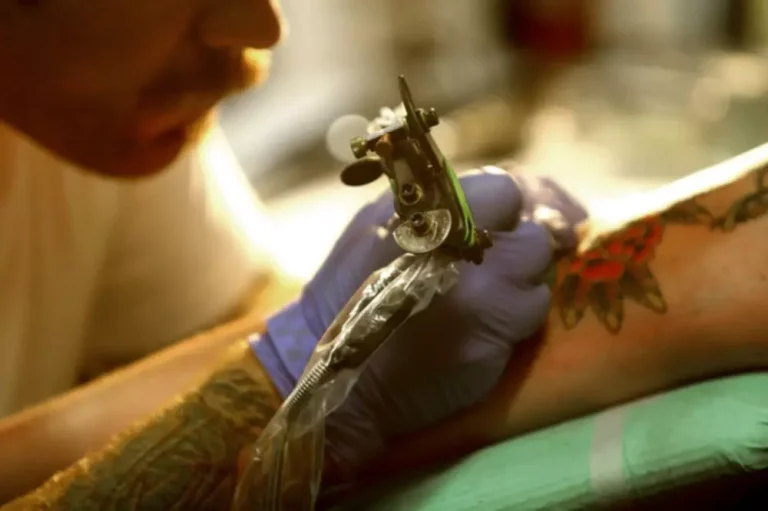
12-step programs among substance abuse programs (among those in the SAMHSA database, May 2018). Outpatient treatment programs are often a lot more affordable. Insurance is also more likely to pick up some of the cost. Even if you don’t have insurance, many programs have a total cost of less than $1,000, including all treatments for the duration of your program. They also provide counseling, education, and support for people trying to stop alcohol misuse.
How to find the right rehab center for you

In fact, there are many treatment options available thanks to significant advances in medical and behavioral research over the past decades. Another religious adaptation of the A.A.’s 12-step recovery program is the Addiction Recovery Program of The Church of Jesus Christ Latter-day Saints. Programs, the Latter-day Saint’s program invites people who are struggling with all forms of addiction (e.g., drugs, https://ecosoberhouse.com/article/the-cycle-of-addiction-and-how-to-break-it/ alcohol, pornography, gambling, eating disorders, etc.) to attend the same meeting together. Into the framework of the doctrines, principles, and beliefs of the Church (The Church of Jesus Christ Latter-day Saints 2018). Opioid overdose deaths are only part of America’s substance abuse crisis. Nearly 1 in 10 Americans aged 12 or older (20.1 million people) have a substance use disorder (SUD), involving alcohol or illicit drugs (see Fig. 1).
Average costs for alcohol-related rehabilitation
Because AUD is a chronic, relapsing disorder, persistence is key. It is rare that someone would go to treatment once and then never drink again. More often, people try to quit or cut back over time, experience recurrences, learn from them, and then continue on their recovery journey.
View Options
Writing in the American Medical Association Journal of Ethics, Robert Orr notes that “there is an increasing recognition in modern Western medicine of the importance of patient spirituality in treatment and healing” (2015, p. 414). When asked how alcohol problems are treated, people commonly think of 12-step programs or 28-day inpatient rehab but may have difficulty naming other options. In fact, there are a variety of treatment methods currently available. These include FDA-approved medications, behavioral therapy, and mutual-support groups. The good news is that no matter how severe the problem may seem, most people with AUD can benefit from some form of treatment. However, regardless of your level of alcohol abuse, seeking the guidance of medical and mental health professionals can promote a better understanding of this chronic disease and help inform the course of treatment that you ultimately select.

Coping and support
Although some people may quit drinking on their own, or with the support of nonmedical programs, others find attending outpatient or inpatient rehab programs is the right choice for them. Although the use of alternative treatments for alcohol use disorders has increased, the research on their effectiveness is limited. Alternative and holistic therapies may, however, be included as part of a person’s overall treatment program. Treatment for alcohol use disorder can vary, depending on your needs. Treatment may involve a brief intervention, individual or group counseling, an outpatient program, or a residential inpatient stay.
Meetings in Nashville, Tennessee, suggests that, of the 64 different facilities hosting A.A. Groups, 51 (80%) are churches or other religious properties (A.A. Nashville n.d.). Groups are churches or other religious properties (A.A. Seattle n.d.).
NIAAA cannot endorse any treatment providers nor be responsible for the options ultimately chosen. The NIAAA Alcohol Treatment Navigator® cannot ensure that the search process will deliver higher-quality treatment providers in your vicinity who are using evidence-based approaches. In addition, the search tools on the Navigator may not capture every possible higher-quality treatment provider in your vicinity. For any alcohol treatment program you are considering, be sure to ask the 10 recommended questions, and use the answers to check for five signs of higher-quality care. In many states, insurance companies and Medicaid now cover “telehealth” services.

“Isn’t taking medications just trading one addiction for another?”
- Some offer full services to cover mental health and medical care and other support.
- This estimation may seem by some as overly conservative, especially because a common story of A.A.
- As with treatment for other mental health conditions, such as depression, if a patient does not respond well to one medication, it is often worthwhile to try another.
- These programs can provide medical and mental health support, counseling, therapy, education, and accountability.
- As mentioned above, the estimates indicate that drug overdose deaths continue to increase in the USA, with more than 72,000 deaths registered in 2017 (National Institute on Drug and Alcohol Abuse 2018).
The Navigator’s 3-step “road map” offers expert guidance to focus and support your efforts. We’ll help you learn how to find higher-quality, science-backed care that can raise your chances for success. Behavioral therapies and medications are two valuable treatment tools for alcohol use disorders. As part of a comprehensive treatment program, mutual Alcoholism Treatment Program support groups add another layer of support and can increase the effectiveness of treatment. Here’s some information to help you get ready for your appointment, and what to expect from your health care provider or mental health provider.
These specialists can be found both in treatment programs and in solo or group practices. NIAAA’s Alcohol Treatment Navigator can guide you to providers who offer evidence-based behavioral health treatment near you, as well as telehealth and online options. In addition to the efficacious role of spirituality, congregations and faith-based institutions are particularly effective in community mobilization and timely response to crises.
Two main components of professionally led treatment
Moreover, youths and teens who have been religiously active and who have made prayer and belief in God an integral part of their lives have better coping mechanisms when attending drug rehabilitation programs and better outcomes after the programs end. An emphasis on the biological aspect of healing has provided us with advanced diagnostics, safe surgery, and an extended lifespan; the benefits have been extraordinary. However, these achievements often come at a cost and unnecessarily so. Disregarding the important role of the inner, spiritual aspects of healing has left developed societies with a new set of ailments, including anxiety, mood disorders, post-traumatic stress, and all sorts of addictions (Dacher 2014).
Leave a Reply